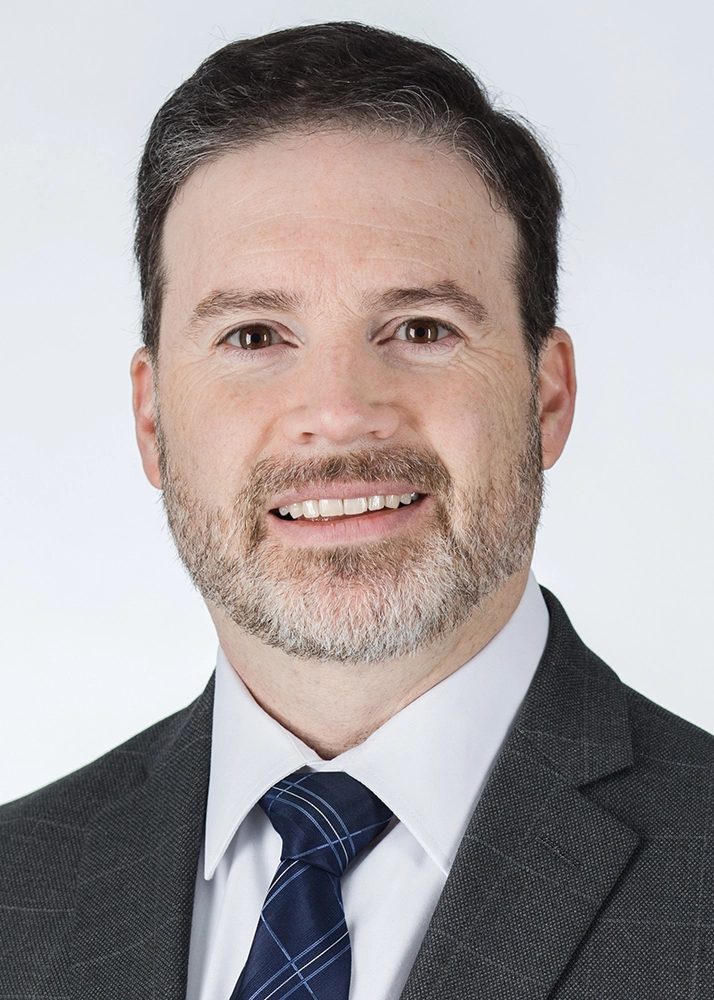Clearing COVID-Related Brain Fog by Optimizing Your Health
Published: March 29, 2022

Slow thinking, poor concentration, confusion and difficulty remembering things. These troubling cognitive symptoms are often referred to as “brain fog,” which is becoming increasingly common among those who’ve contracted COVID-19.
Although new research is unveiling significant imaging or structural changes to the brain after a COVID-19 infection, it’s still unclear whether these changes have any long-term effects or how significantly they might impact quality of life. But there are some important takeaways when it comes to the neurological implications we’re seeing with COVID-19 – as well as some hope for anyone still feeling a little “dazed and confused” following their bout of the virus.
Understanding the Fog
Brain fog – something we’ve all likely experienced at some point – is the most common neurological symptom I’ve seen in patients with or after COVID-19 infection. With COVID-related brain fog, that sluggish, fuzzy feeling can persist for weeks or months as part of long COVID and is often accompanied by chronic headaches.
While research has shown that COVID-related brain fog is likely due to a sustained overactive immune response to the virus, I think it goes without saying that recovering from COVID-19 can be taxing on the body and mind. Over time, fatigue, body aches, shortness of breath and other lingering COVID-19 symptoms can impact one’s ability to get adequate sleep and exercise, which are necessary for cognitive function.
Many individuals who’ve been hospitalized with COVID-19 have more severe neurological impairment, including disorientation, excessive drowsiness and poor recall memory. But a recent study suggests that even those who don’t seem to notice any cognitive symptoms – or brain fog – after a mild case of COVID-19 may still have minor issues with memory and attention.
Clearing the Fog
The good news is this: The vast majority of patients struggling with post-COVID brain fog will recover with time. Patience is key, as recovery could take several months or longer.
In the meantime, here are some tips to help you think more clearly:
- Don’t skip the (healthy) fat. A diet that includes plenty of fruits and vegetables is important for overall health. But don’t forget about those healthy omega-3 fatty acids that studies have shown are likely to boost learning and memory. Salmon, olive oil, walnuts, flax seeds, chia seeds and avocados are some good options.
- Focus on catching some quality Z’s. Our bodies and brains need sleep to heal and recover. Make it a priority.
- Get moving. If you find that exercise has been difficult following a COVID-19 infection, start small. Even walking a total of 30 minutes a day, five days a week can be beneficial.
- Hold the booze. Alcohol can negatively affect the brain – even as little as one or two drinks. It can also reduce sleep quality.
- Socialize. Being social, laughing and enjoying the company of family and friends can boost mood and memory.
- Stay engaged. Keep your mind sharp by engaging in mentally stimulating activities. Read a book, listen to music, play a game, learn a new skill, practice mindfulness, or challenge yourself to a crossword or Sudoku puzzle.
Preventing the Fog
Outside of eating healthy, staying active, managing underlying health conditions and taking all the necessary precautions against COVID-19 infection, there’s little else that can be done to prevent neurological complications of the virus.
Some research suggests a lower risk of severe disease in patients with a normal vitamin D level, but talk to your provider before beginning any supplement regimen. And, of course, talk to your provider if you suspect any neurological symptoms as a result of COVID-19 or have questions regarding your risk of complications.
Your care team can provide supportive treatment options and help you optimize your overall health, which is the best defense for your body and brain in the fight against COVID-19.
More Resources
- Learn more about neurological services at Methodist.
- Read similar articles in our COVID-19 section.
- Settle in to a better sleep routine.


